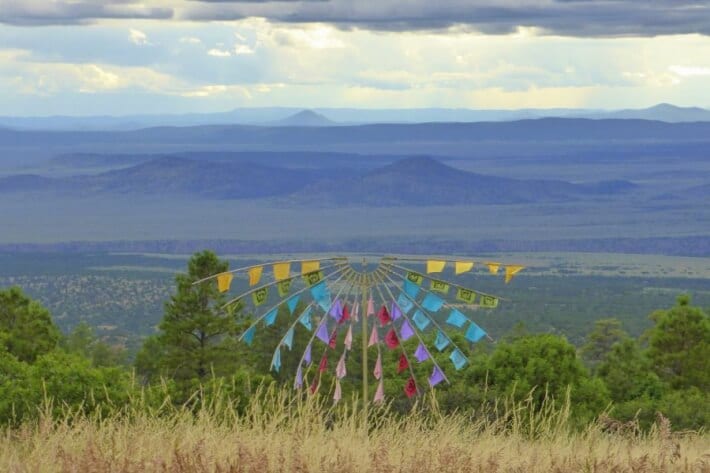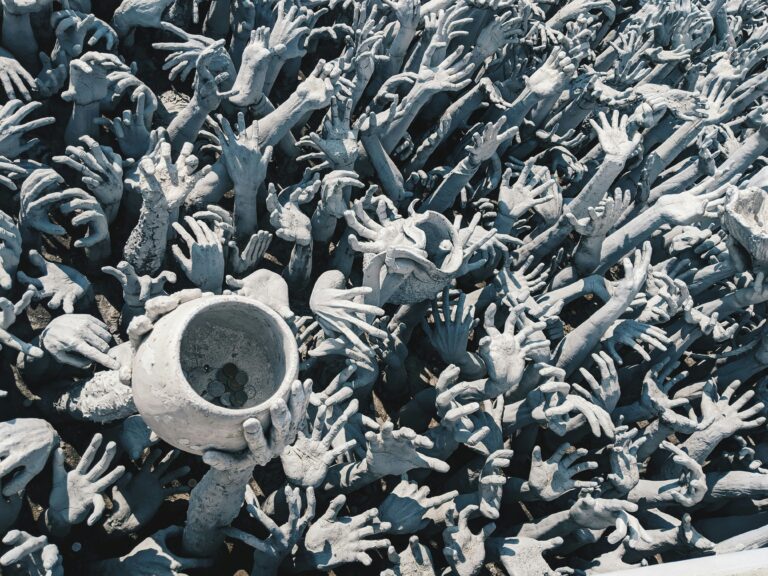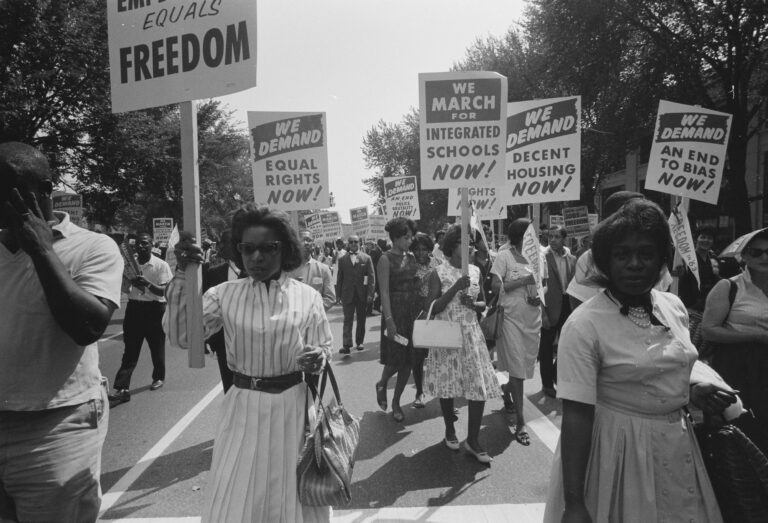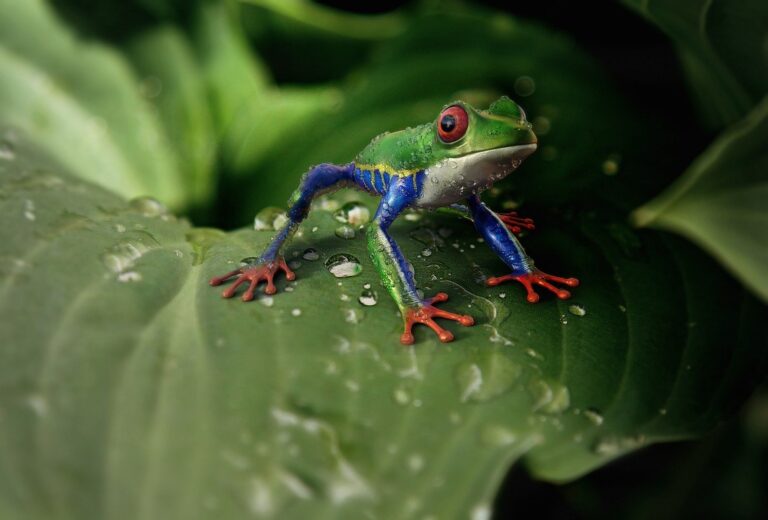The premise of this invitation is of course that, in turning towards this difficulty, we all have something valuable to offer and that no one approach is “correct.” We can come together and share our confusion, our frustration and our sense of that which leads onward.
In these conversations, you might notice that how we frame our circumstance, the story we tell about ourselves, other people and the world, both enables and constrains possibility. For example, you might right now investigate these two very different takes on climate change, as
- Validation that humans are a curse upon the Earth; she is shaking us off.
- A crisis that may usher in a widespread understanding of and response to our thorough belonging to and interdependence with the web of life.
The point here is not that there’s a “right way” to frame ecological-social crises, but rather that we can make the frame itself an object of contemplation. This exemplifies one of the most powerful gifts of the Dharma. We can notice the effect of picking up a particular lens, what meaning it gives to self, other and world, what it might affirm, what it decries and what it empowers. And then we can choose consciously the narrative or narratives in which we will dwell, that frame that will guide and nourish us.
One popular narrative about climate change is that because, let’s say, you and I are neither heads of corporations nor governments, we have no agency. In this framing, climate change is a problem for “leaders” with “power” to address and our only means of influence is to somehow convince or replace them or the systems that drive them. While advocating for systems change is a critical component, are we sure that this is our only point of intervention?
Earth Care Week and Living the Change
As part of Earth Care Week and indeed throughout this fall, we’re inviting individual Dharma leaders, practitioners and communities to try on the lens of individual sustainability and a role culture change. Faith communities all over the world are realizing that we need not wait for someone else to regulate our behavior and that all of our actions together really do add up. Many of us, especially in middle and upper-class positions in so-called “developed” countries, have a carbon footprint well outside the range of what’s required to ensure a sustainable and just future so the impact of broad-scale shift in these very places can be significant both in direct reductions and normalizing a culture-shift.
We can walk our talk; we can live the change. Dharma leaders and practitioners are invited to
- Make individual commitments
- Here’s GreenFaith’s tool for stating intentions, learning about options and creating commitments.
- Here’s One Earth Sangha’s article on Living the Change
- Here’s GreenFaith’s tool for stating intentions, learning about options and creating commitments.
- Share your commitments, no matter how small (this is the culture shift part)
- Speak in your Sangha about the challenges and rewards, surprises and insights you experience
- Send an email or share on social media
- Organize new or focus existing community gatherings on an exploration of Living the Change (make it a vegetarian or vegan potluck!).
- To help us understand the impact and reach of this initiative, we would love it if you could register even your intention to explore Living the Change in your community.
- To help us understand the impact and reach of this initiative, we would love it if you could register even your intention to explore Living the Change in your community.
Of course, many of you are already living the change, making substantial changes to align your daily living the the needs of a livable biosphere. We invite you to declare and share these commitments and to go further where you are called!
Multiple frames are available to us here too. For instance, our actions can be seen as “sacrifice” that seeks purity or innocence or we can see each as an expression of our love for the Dharma, for Great-grandmother Earth, for the exquisite and unfathomable mystery of life. Again, there’s no correct framing but rather the invitation to explore which frames serve to connect you with what’s true for you, ignite your passion, guide your daily action and sustain you such that you feel nourished and have no regrets.
Consider creating with others in your community a local event or making Living the Change a focus of your conversations during Earth Care Week or later this fall. And as always, we would love to hear how this lands for you in the comments below.







